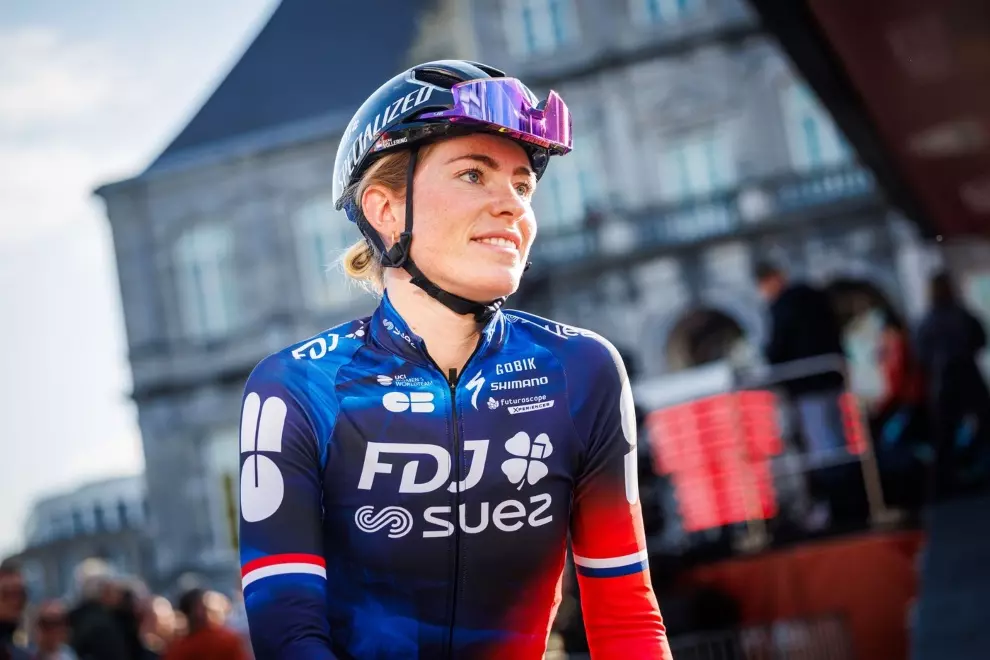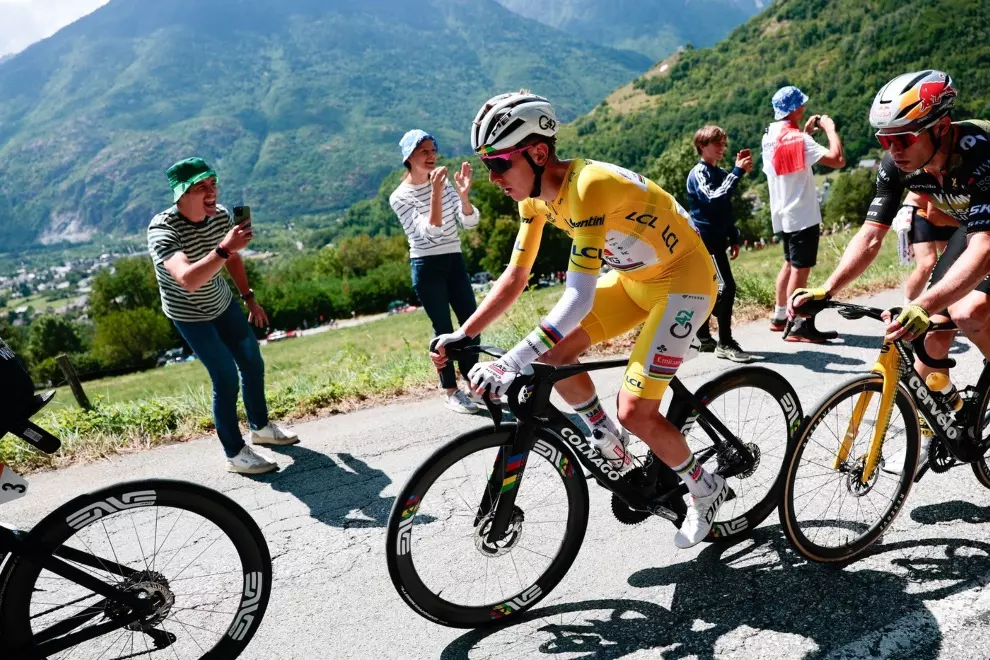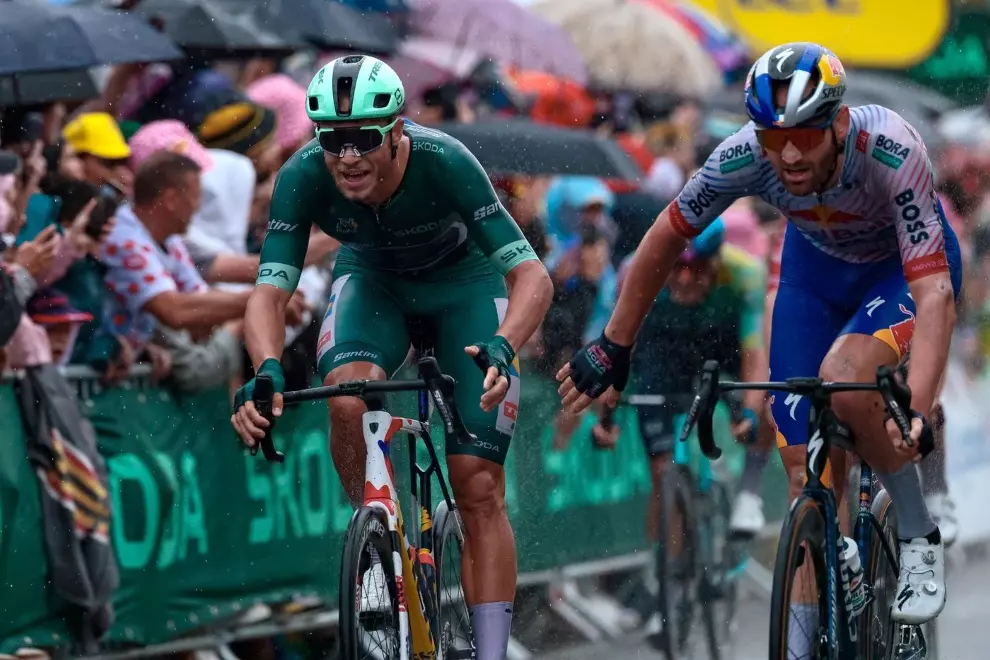His accomplishments on the track, in the face of astonishing resistance, will now finally be brought to the screen, both on TV and in the cinema. On February 26 (and again on March 5 and 10), PBS will show “Major Taylor: Champion of the Race,” a documentary chronicling his life and times and how he became the greatest cyclist in the world – and the second Black sports world champion, after Canadian boxer George Dixon who won the world bantamweight title in 1890.
The film is narrated by the highly acclaimed mezzo-soprano Marietta Simpson. The great jazz saxophonist Branford Marsalis will read and interpret some of Taylor’s written quotes. Many of the quotes will surely be from his autobiography, the aptly titled The Fastest Bicycle Rider in the World, written in 1928, four years before his death, in a Chicago hospital charity ward, of a heart attack at the age of 53. In addition, the documentary includes interviews with many well-known historians, athletes, and activists such as two-time Olympic hurdles gold medalist Edwin Moses, Taylor’s great-granddaughter Karen Brown-Donovan, and Richard Lapchick, president of the Institute of Sport and Social Justice.
A documentary feature film, Whirlwind, is tentatively scheduled to be released in 2025. According to its executive producer and director, Cyrille Vincent, the film will portray Taylor’s story and use it as a means to discuss the larger history of African American history in the U.S. from Reconstruction to the Depression. Vincent is in need of funds to bring the project to the screen. Its budget is $1.25 million. To date, he has raised $48,570. To contribute to this worthy cause, simply go to the film’s website and chip in.
Vincent told CyclingWeekly that he found it “surprising this story has been forgotten” and said, “a movie should have been made long ago.” What makes the cyclist’s story so important, he said, is that it is so inspirational. “He’s a pioneer in cycling, the Black community, and paved the way for so many people after him,” he said. One reason he believes Major Taylor’s story isn’t more widely celebrated is that you can’t tell it without “encountering things that make people uncomfortable.” Of course, Vincent sees this as another reason for sharing the story – “being quiet doesn’t help.”
Certainly, the story is a reminder of the depth of the racism that characterised American society until the 1960s. If Major Taylor’s story reveals anything, it is about the courage and fierce will of an athlete who overcame overwhelming odds to become the best in the world. For example, in the American South, some promoters refused to let him race against white cyclists, and restaurants and hotels often refused to serve him or give him lodgings. Taylor himself said that white rivals would often team up against him and jostle him during races.
But he would have the last word. In 1894, the League of American Wheelmen (LAW), a membership organization that promoted cycling, changed its bylaws to exclude blacks from membership but it did permit them to compete in its races. In 1898, Taylor won the coveted LAW sprint championship. One year later, he was crowned both world and national sprint champion. The man himself said it best in his autobiography: “In a word, I was a pioneer and therefore had to blaze my own trail.”




